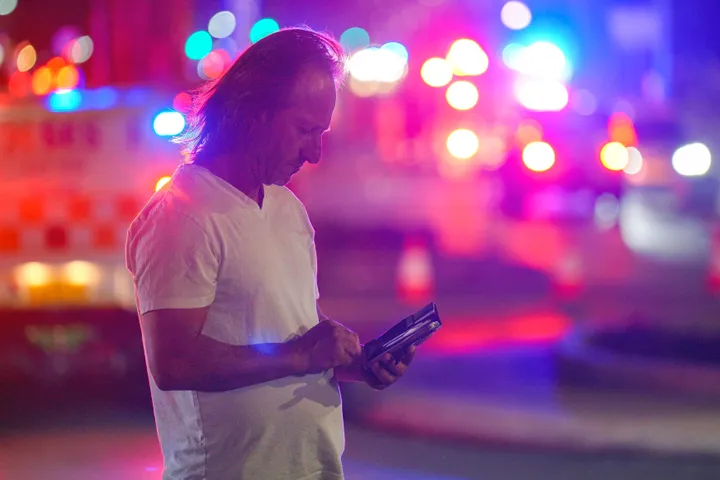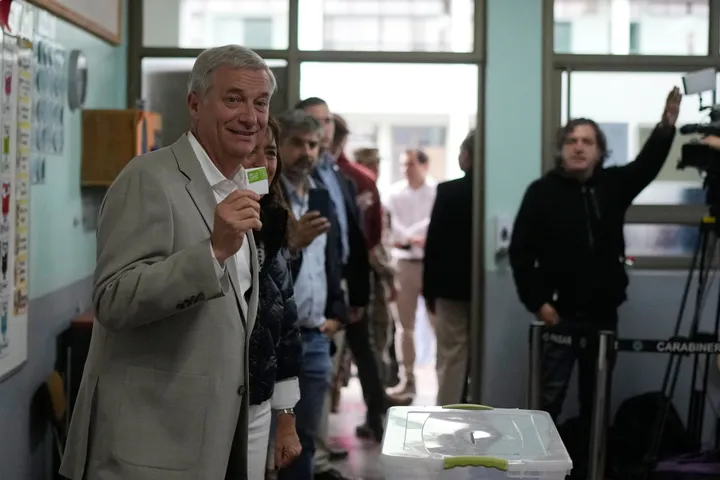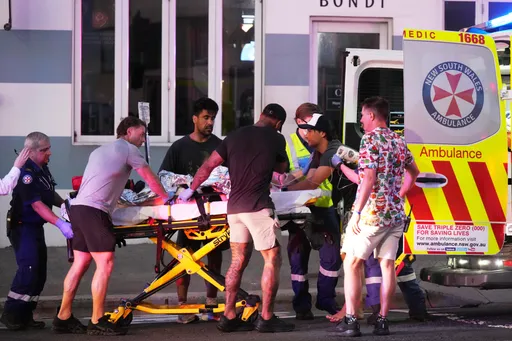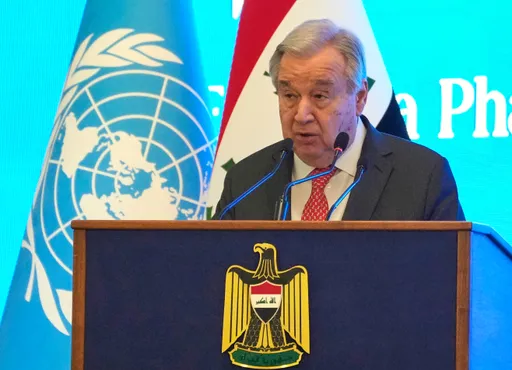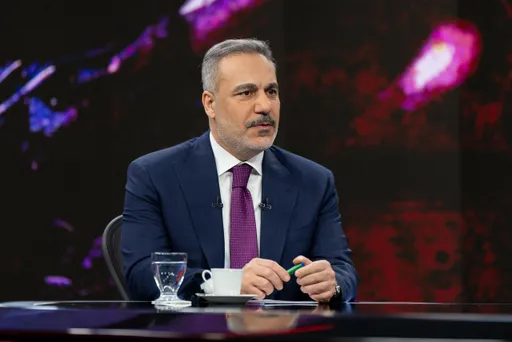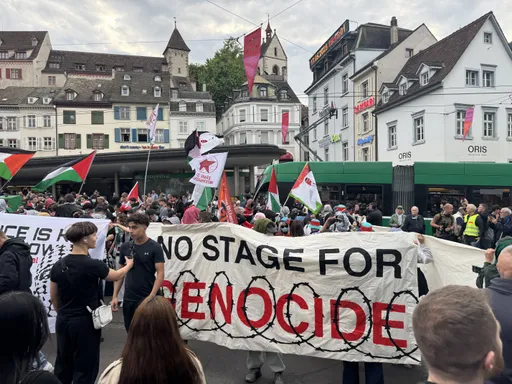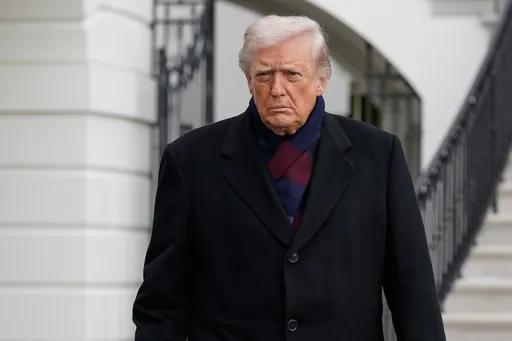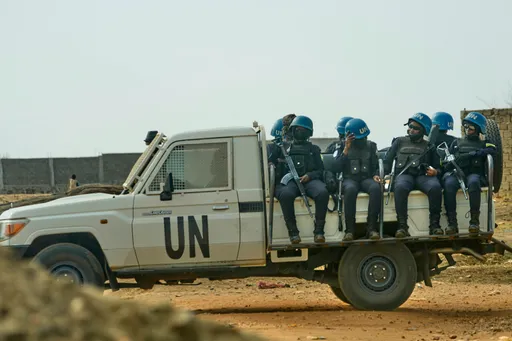A transitional council tasked with choosing Haiti's next prime minister and Cabinet has been established in a move supporters hope will help quell turmoil in the troubled Caribbean country where most of the capital remains under the grip of gangs.
The formation of the council, announced in a decree published on Friday in a Haitian government gazette, was expected to soon trigger the resignation of Prime Minister Ariel Henry, but a new provision said he would step down when a new premier is chosen. Henry did not immediately comment.
Those awarded a seat on the council are Petit Desalin, a party led by former senator and presidential candidate Jean-Charles Moïse; EDE/RED, a party led by former Prime Minister Claude Joseph; the Montana Accord, a group of civil society leaders, political parties and others; Fanmi Lavalas, the party of former President Jean-Bertrand Aristide; the Jan. 30 Collective, which represents parties including that of former President Michel Martelly; and the private sector.
The two non-voting seats are represented by someone from Haiti’s civil society and its religious sector.
"The establishment of the...politically inclusive council signals the possibility of a new beginning for Haiti," a Caribbean trade bloc known as Caricom, which helped form the council, said in a statement.
It said that the council "will take the troubled country through elections to the restoration of the lapsed state institutions and constitutional government."
'Multidimensional crisis'
The published decree acknowledged what it called "a multidimensional crisis" that has worsened since the July 2021 assassination of President Jovenel Moise.
It said the crisis has led to a "catastrophic humanitarian situation" and that Haiti is experiencing "unprecedented institutional dysfunction, which has led to a political impasse."
It also noted that Henry would present his resignation once a new prime minister is appointed.
The decree, which was signed by Henry and his Cabinet, noted that no one can be a member of the council if they have been sanctioned by the UN, oppose the deployment of a foreign armed force or plan to run in the next general election, among other conditions.
While an election date hasn’t been set, the decree stated that the president-elect must be sworn-in on February 7, 2026 at the latest, and that the council will exercise presidential powers until then.
The decree does not set any deadlines for choosing a new prime minister or Cabinet, stating only that the council must "quickly" do so.
The council will be based at the National Palace, and its mandate is supposed to end when a new president is sworn-in, with no possibility of extension.
The council's creation comes exactly a month and one day after Caribbean leaders announced plans to help form the nine-member panel, with seven members awarded voting powers.
More than 1,550 people have been killed across Haiti and more than 820 wounded from January to March 22, according to the UN.
While gangs have long operated throughout Haiti, gunmen organised large-scale attacks starting February 29. They burned police stations, opened fire on the main international airport that remains closed and raided the country's two biggest prisons, freeing more than 4,000 inmates.
The attacks were meant to prevent the return of Henry to Haiti. At the time, he was in Kenya pushing for the UN-backed deployment of a police force from the East African country. He remains locked out of Haiti.
While the violence has somewhat subsided, gangs are still launching attacks throughout Port-au-Prince, especially in the downtown area, where they have seized control of Haiti's biggest public hospital.

